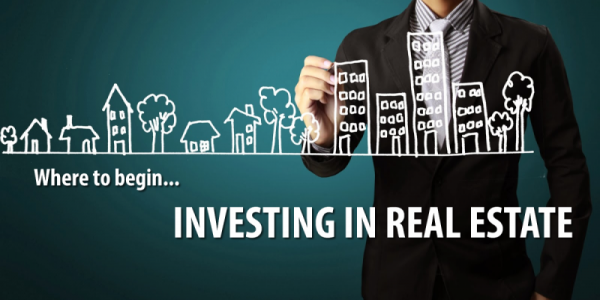INVESTING IN PROPERTY
Two things to avoid
-
Being Property Rich and Cash poor
-
Interest payments that strip away your REAL Return on Investment
When thinking about whether investing in property is right for you, I believe the first thing that should be studied is cash reserves. I believe, like many others that if you can get a piece of real estate at a below market price and can afford to sit on it until the time you can sell it for more, it is simply a no brainer, but quite honestly very often I see that simple plan go wrong. The first case is sometime people do not understand that property is basically a non-liquid asset and the reality is that if you are forced to sell quickly you will almost always not only fail to make a profit, but probably also lose part of your original investment. Being in the Real Estate business , I see first hand every week people who walk in our doors and need a quick sale because they do not have enough cash to meet their obligations. Sometimes they are tragic cases of unexpected illness and medical bills and sometime it is as basic as not having enough money to cover their basic living expenses. Ultimately, if they can even get a buyer, it is for a price reduced to a fraction of what that land would go for in a controlled, non distressed situation. When people do ask my advice about investing in property, the very first thing I tell them is to figure out how much it would cost them to live for a year or two, throw in the costs of an unforeseen incident or two, and what is left is the maximum that they should commit to spending on any non-liquid asset like real estate.
The second, but equally important consideration should be whether to buy using credit or installments. This I personally feel is where a lot of people’s logic goes astray. The fact is that when something is bought on credit, the calculation of what is paid for that asset has to include the interest that was spent for servicing the debt on the purchase. Keeping it simple, the cost of that asset is equal to the deposit put down plus all the payments made (which would include interest). To use a very basic example if you were to buy a five million pesos property , put down 25% or 1.25 million and get a mortgage for the remaining at 8% amortized over 10 years, you would end up paying out of pocket approximately 6.7 million. The question becomes whether after 10 years the property has appreciated in value to exceed that amount and more. If you were able to get 7 mil (a huge 40% increase in value) you would still only get an ROI of 300,000 for your 6.7 million spent or approximately 1% per annum. Hardly something that would be considered a good investment.
In conclusion I would only like to suggest that if you want to make a good investment in real estate, number 1, always leave enough liquid cash to cover all possible expenditures you will have so you don’t have to sell quickly, and number 2 , the more money of the purchase price you finance, the poorer your return on investment.
All very elementary, but when it comes to buying a property, sometimes emotions cloud peoples ability to use logic.

